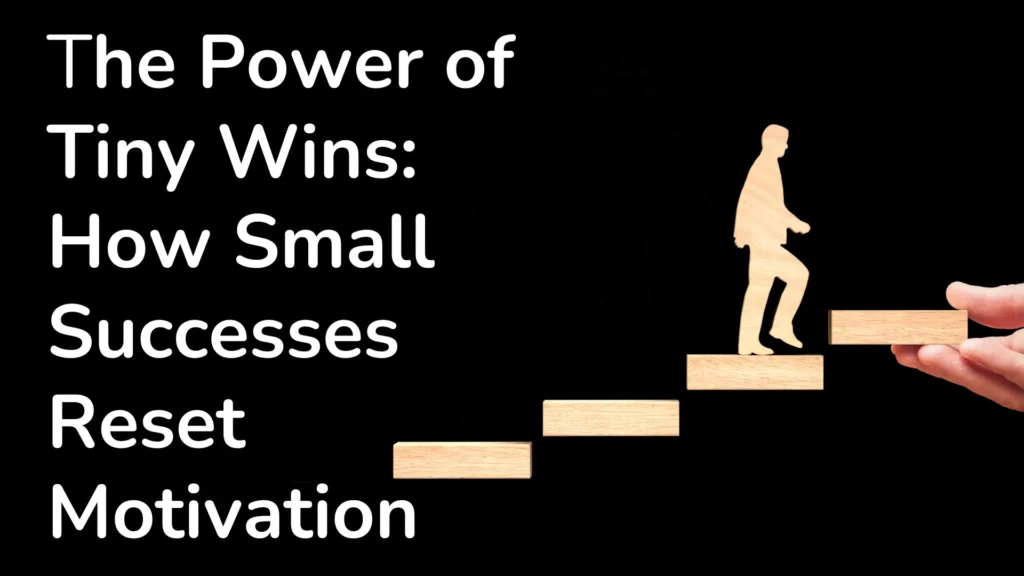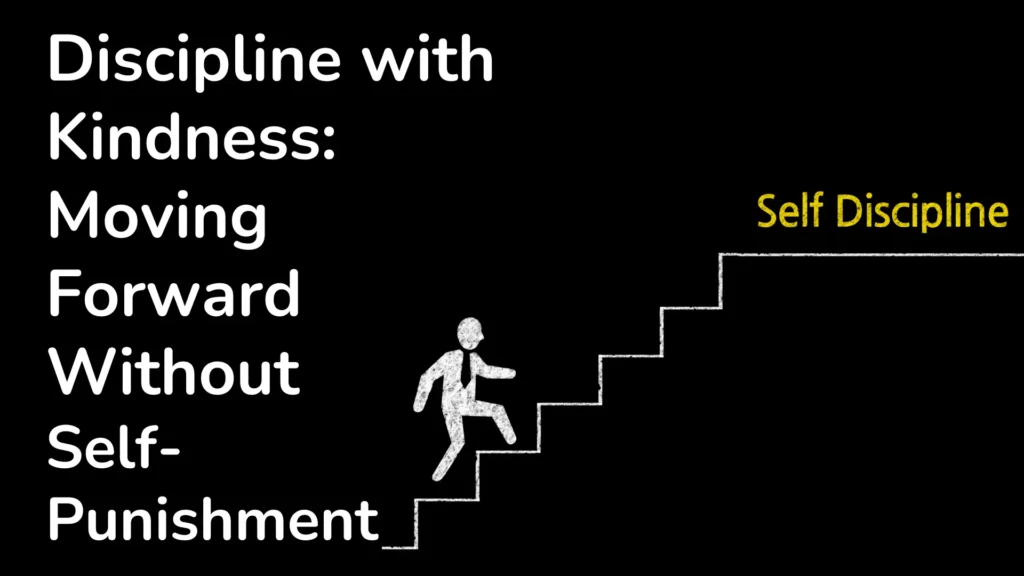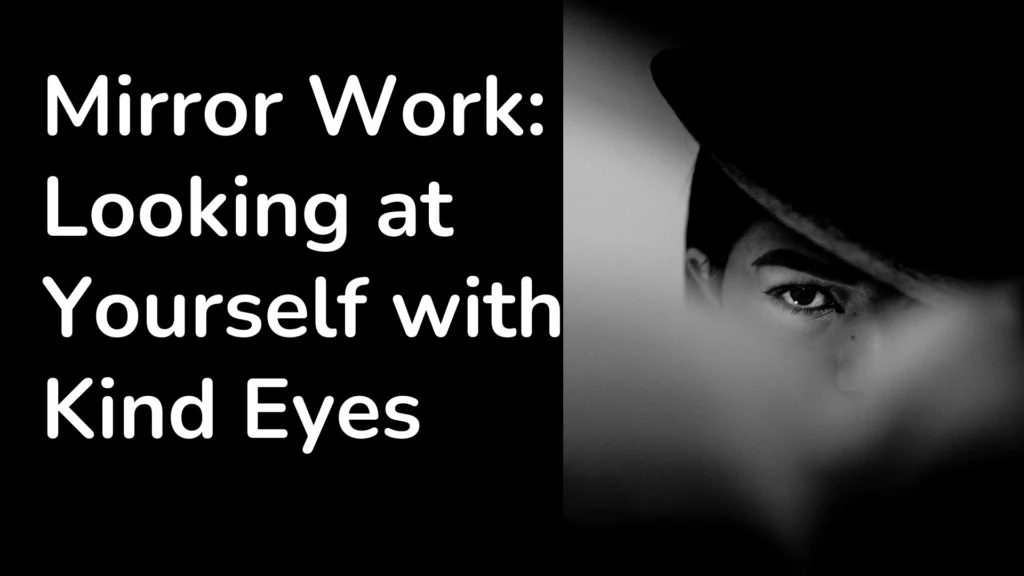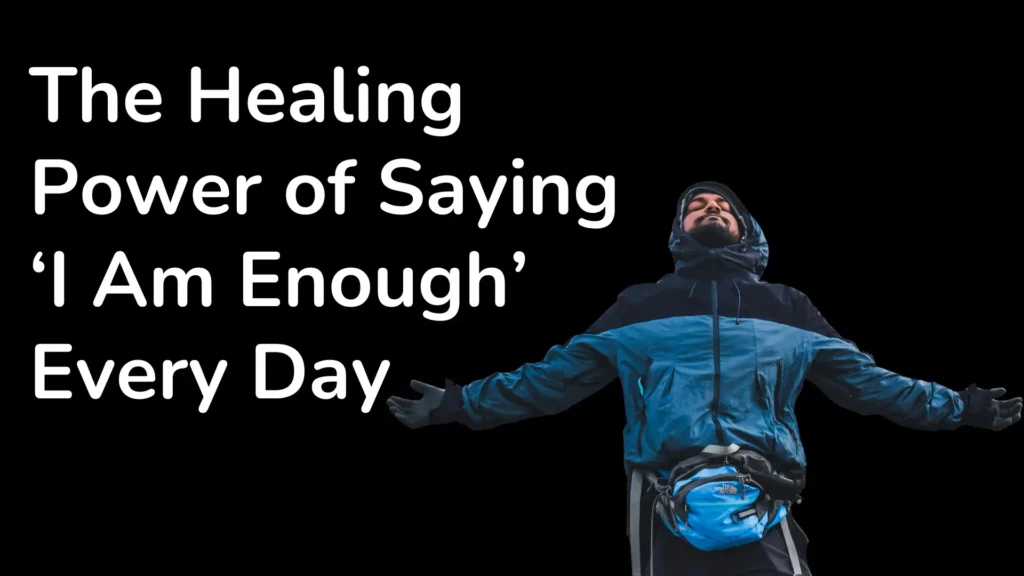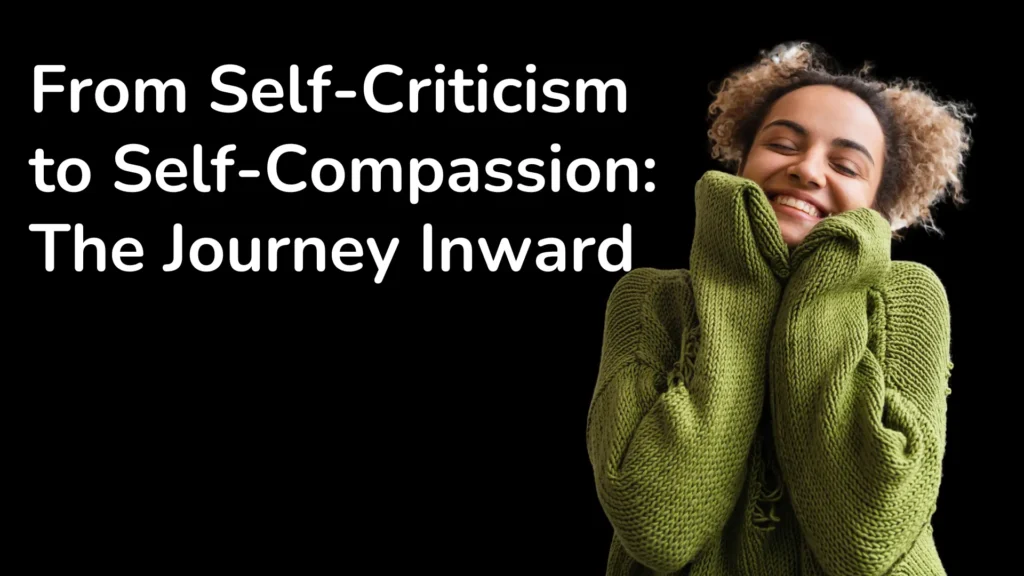When Rest Fuels Drive: Why Pausing Can Make You More Productive
In a world that glorifies hustle, it’s easy to believe that more effort, longer hours, and constant busyness equal success. But the truth is: rest is not the opposite of productivity — it is the foundation of it. Think of it like this: even the strongest engines need fuel and cool-down time. Without breaks, they overheat. In the same way, your mind and body need moments of pause to refocus, recharge, and return stronger. Why Rest Feels “Unproductive” Many people feel guilty when they stop. The voice in the mind says, “I should be doing more.” But here’s what actually happens when you never pause: Rest isn’t wasted time — it’s the reset that allows you to show up with clarity and energy. How Rest Fuels Productivity Gentle Ways to Add Rest Without Losing Time Final Reflection Rest is not laziness. It’s wisdom. Every pause you take fuels the drive that follows. By allowing yourself to step back, you create the strength to step forward with focus, creativity, and renewed energy. So the next time you feel guilty for resting, remind yourself: this moment of stillness is the very thing that powers your productivity.



